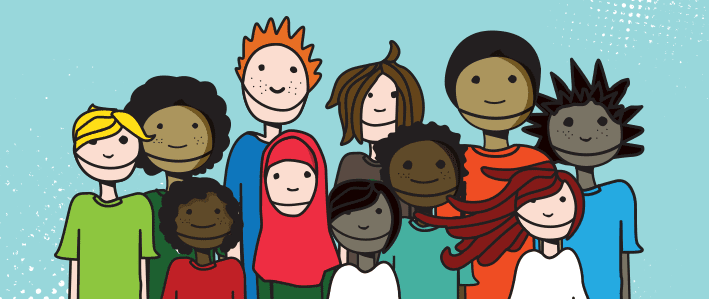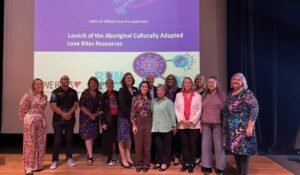In partnership with the Queensland Government (Department of Communities, Child Safety and Disability Services, and the Queensland Family and Child Commission), NAPCAN will be running a series of FREE workshops throughout Queensland during 2017.
These interactive workshops will provide essential knowledge for anyone working with children or young people.
We all need to understand how we can play a part in preventing child abuse and neglect in Queensland. By attending these workshops, you will be doing your bit to help protect our children and young people.
Why should you attend NAPCAN’s FREE workshops?
- High quality workshops
- Run by skilled facilitators with extensive experience in child protection
- Important knowledge for anyone working with children, directly or indirectly
- Great for professional development and your CV
- FREE training which would usually only be available for a fee (approx. $300 pp)
- Workshops capped at 30 people – BOOKINGS ESSENTIAL
- FREE support resources included on USB
For details about training times and locations, see NAPCAN’s online training calendar. You can search by location, by date, or by workshop type.
Workshops are open to anyone who works either directly or indirectly with children, and it is recommended that as many people as possible attend BOTH workshops, which are being run as part of a roadshow around Queensland:
- Child Safe Organisations Workshop (for all employees/volunteers to learn about their part in creating safe organisations for children, and preventing abuse before it occurs)
- Child Abuse and Neglect Prevention / Mandatory Reporting Workshop (for all employees/volunteers who work with children to ensure that they understand their responsibilities in identifying and reporting abuse)
PLEASE NOTE: These workshops provide important information as part of professional development for people working with children, but are not legally required. The workshops cover the topic of mandatory reporting of child abuse and neglect; HOWEVER, the workshops themselves are not mandatory.
See below for more information about the workshops:
Child Safe Organisations – Playing Your Part in Creating Child Safe Organisations
(Delivered in partnership with the Queensland Family and Child Commission)
In light of the Royal Commission we know that it is critical to embed a child safe culture into every single organisation that has anything to do with children or young people, either directly or indirectly. This means that every member of an organisation needs to understand their role in keeping children safe and preventing child abuse and neglect.
This 3-hour interactive workshop covers:
- Background of child safe organisation development
- Establishing and maintaining a child safe culture
- Child inclusive practice
- How to create child safe and friendly environments
- Key elements of a child safe organisation
- Introducing the more than safe sector commitment statement.
The program also includes templates to help organisations to develop child safe policies and procedures relating to:
- Complaints Processes
- Code of Conduct
- Child Safety Policies
- Recruitment
- Organisational Audit
Who should attend?
- This is a brand new workshop designed to help all organisations to keep children and young people safe.
- You should attend this workshop if you work in an organisation that deals directly or indirectly with children.
- All members of the organisation need to attend because we all have a responsibility to help create a culture of child safety in your organisation.
- You are encouraged to attend this workshop even if you are already attending a another NAPCAN workshop about mandatory reporting.
Child Abuse and Neglect Prevention / Mandatory Reporting
This 2.5-hour interactive workshop covers essential knowledge for anyone working with children and young people, particularly those covered by mandatory reporting requirements.
Topics covered:
- Roles and responsibilities in the prevention of child abuse and neglect
- Legislative roles and responsibilities in relation to reporting child abuse and neglect (i.e. mandatory reporting)
- Organisational/individual responsibility in responding to early indicators of harm and family support needs
- Definitions of child abuse and neglect including recognising harm indicators and child/family risk and protective factors
- How to respond to disclosures of child abuse and neglect
- Prevention strategies and practices.
Who should attend?
- This workshop covers essential knowledge for anyone who has anything to do with children and young people either indirectly or directly.
- Important for all employees and volunteers.
- If you work in early childhood education and care, you may like to attend one of the ECEC workshops also listed on this training calendar. However, if the ECEC workshops are already booked out or not in your area, please attend this workshop instead (it covers much the same content but less specific to ECEC).
FREE
To register for a free workshop, please go to NAPCAN’s online training calendar.
For more information please contact our Queensland office on:
Phone: 07 3287 3533
Email: pypqld@napcan.org.au






